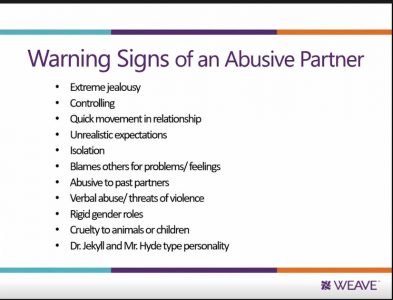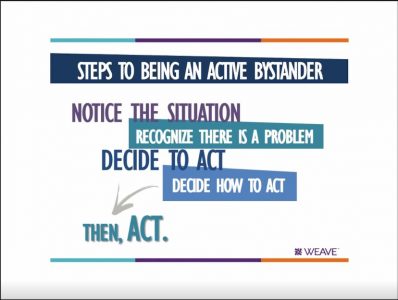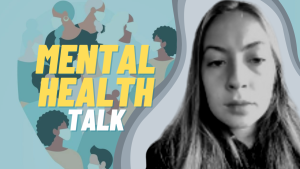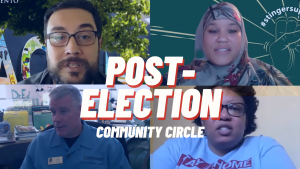Sac State alumni provide resources and information about sexual assault
Domestic abuse, consent and bystander intervention discussed
Sacramento State alumni Laura Swartzen (left) and Leander Loh discussed sexual assault during their “Let’s Talk About it – Sexual Assault” presentation Tuesday on Zoom. Screenshots taken via Zoom.
November 24, 2020
Sacramento State alumni Laura Swartzen and Leander Loh hosted a panel called “Let’s Talk About it – Sexual Assault,” discussing topics such as domestic abuse, consent and bystander intervention Tuesday on Zoom.
The discussion was held in collaboration with Women Escaping A Violent Environment, a provider of crisis intervention services for survivors of domestic violence and sexual assault in Sacramento County, and Sac State’s Community Engagement Center in an attempt to provide information regarding healthy relationships and resources for survivors of domestic violence, sexual assault and sex trafficking.
Swartzen and Loh are both members of WEAVE’s prevention and education team and offer outreach presentations to interested groups and organizations in Sacramento County. Swartzen said conversations with her and Loh are confidential and they are not mandated reporters, allowing a level of safety for people who want a safe place to talk to them.
Swartzen, who also works as Sac State’s confidential campus advocate, discussed the impact of domestic violence during the presentation as well as what the warning signs of abusive partners are.
“We see that survivors of domestic violence do end up dropping out or quitting their job because it’s too much to handle,” Swartzen said. “It takes a toll on someone’s mental health and their access to hold jobs and access degrees.”
Swartzen listed several warning signs of abusive partners that people should be aware of, such as Dr. Jekyll and Mr. Hyde type personalities, which is when people act one way in front of others and differently when alone with their partner.

Swartzen also discussed sexual assault and explained that affirmative consent should be clear, coherent, willing and ongoing.
At least 50% of college student sexual assaults are associated with alcohol use and 80-90% do not report, likely because 80% of victims know the perpetrator, according to their presentation.
“These are people that you know, and that’s what’s really hard for folks to obtain because we don’t want to think about those people being bad people,” Swartzen said. “That’s why it’s important to know how to give consent correctly and acknowledge when someone is being harmful and dangerous.”
Loh discussed what students can do to help survivors or people in potentially dangerous situations with step-by-step instructions on how to be an active bystander.

“We want to encourage you to hold others accountable and make sure you’re keeping the environment safe,” Loh said. “You want someone there that will intervene if [a loved one] is in a dangerous situation, so be that person for somebody if you can.”
WEAVE offers access to 24/7 response and crisis intervention, emergency shelter and housing assistance, trauma-informed counseling, case management, legal access and prevention and presentation services, according to Loh.
If you or someone you know is affected by domestic violence or sexual assault, contact WEAVE’s support line at (916) 920-2952 or Swartzen at WEAVE@csus.edu.







































































































































